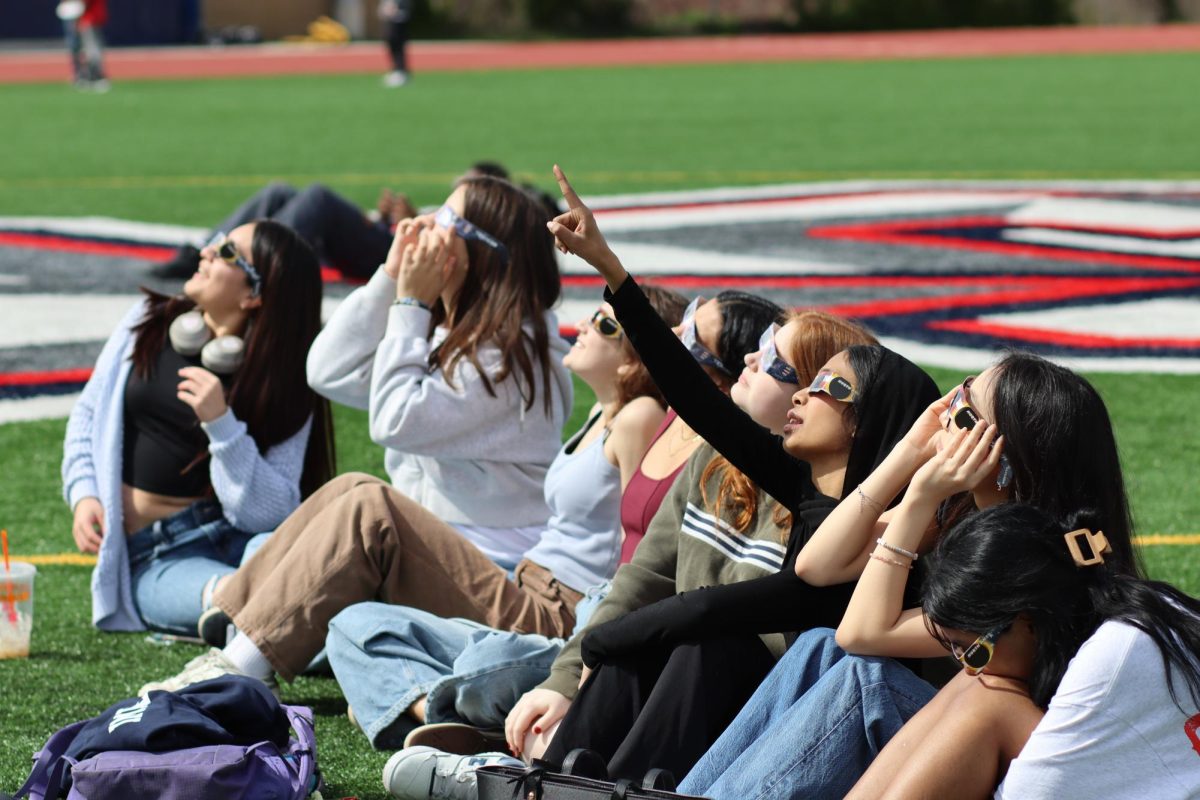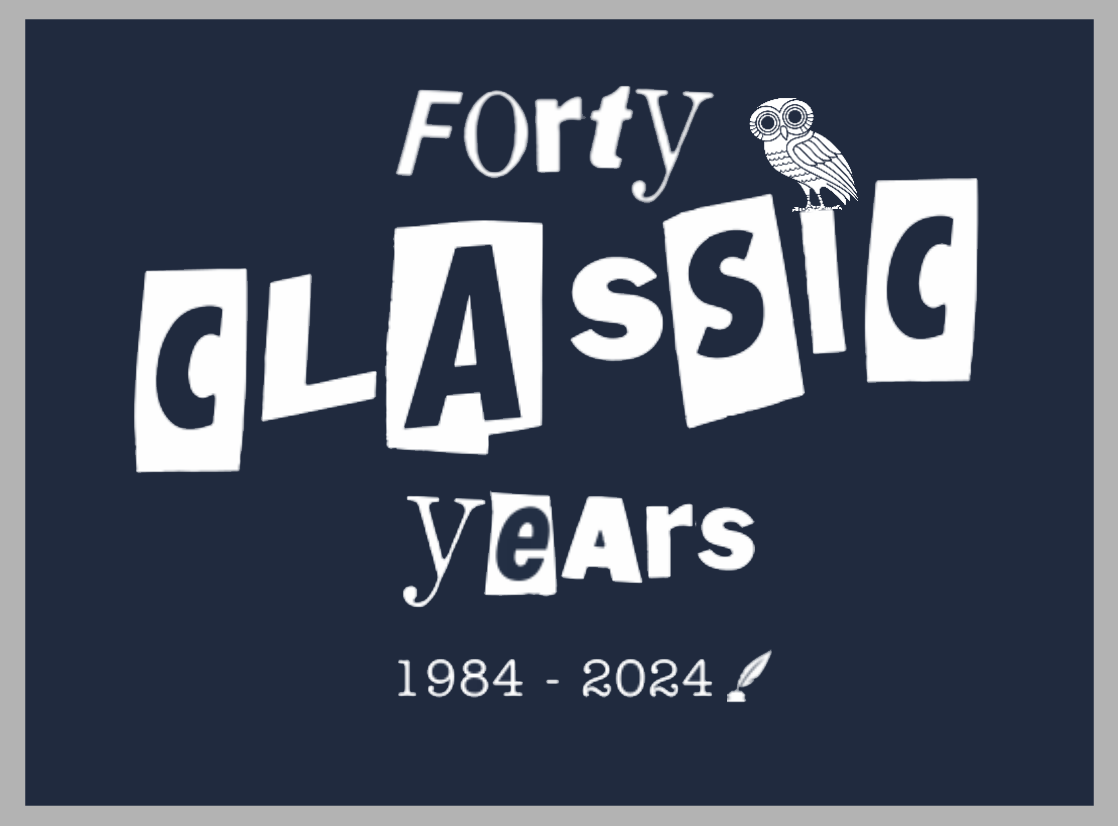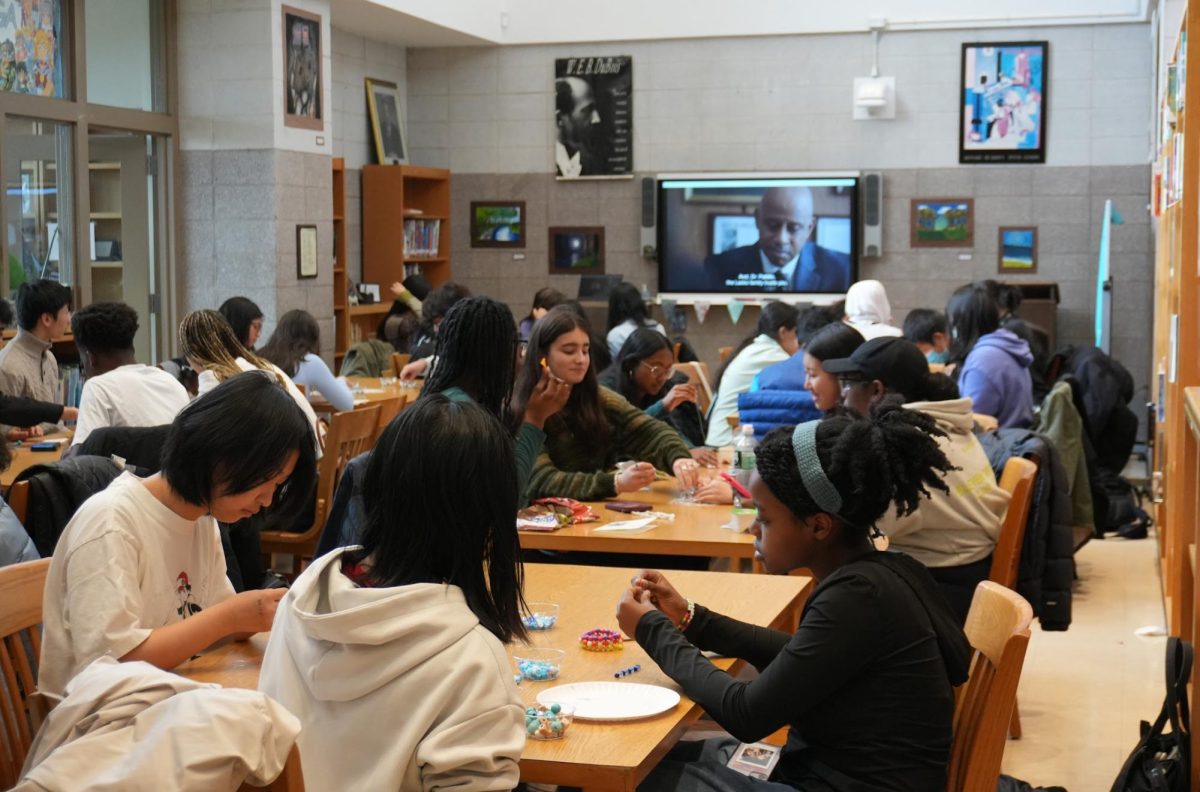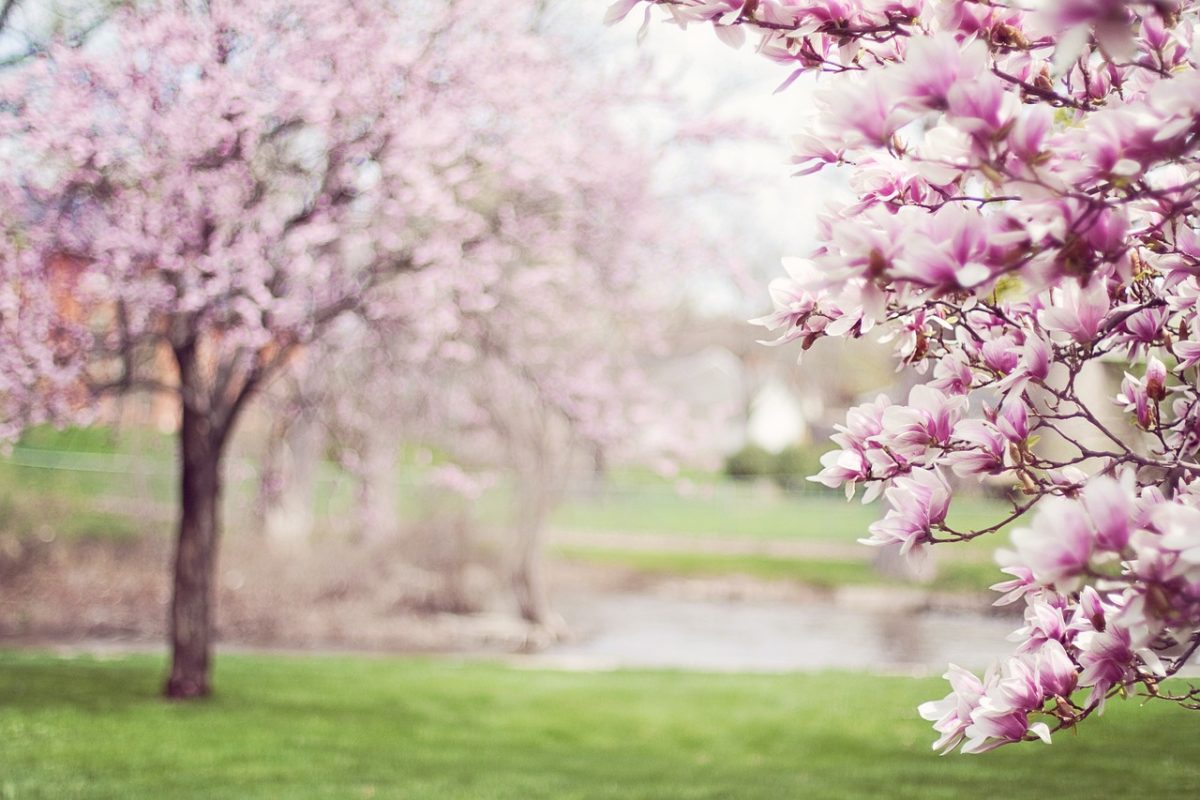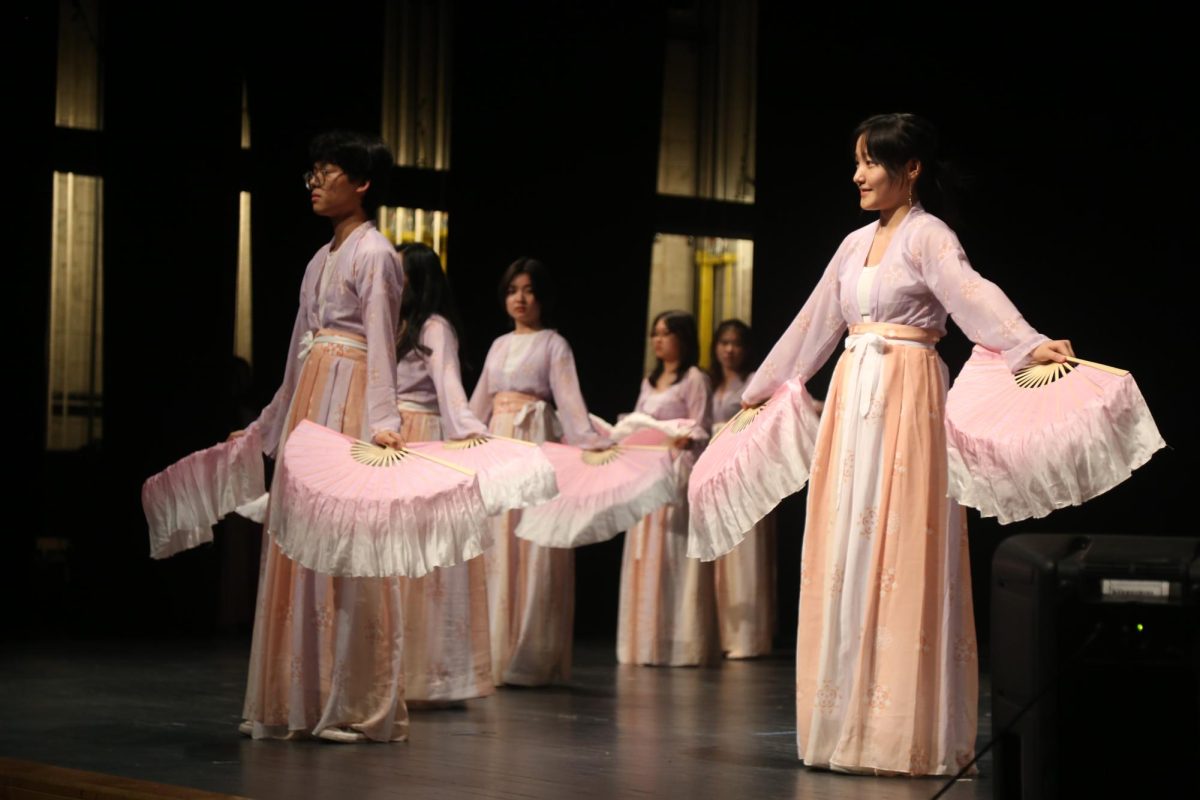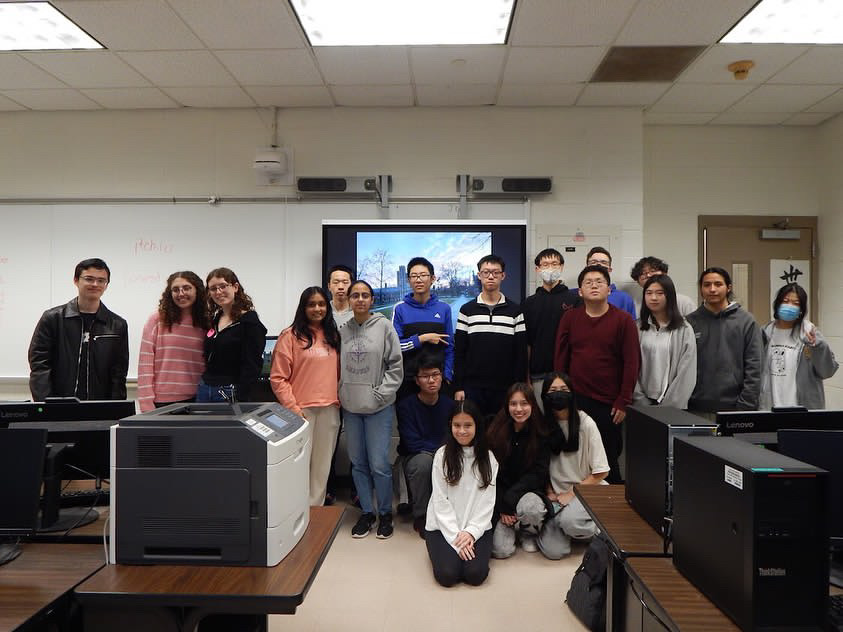
“I WOKE up like this, flawless.”
I know we all like to think of Queen B (Beyoncé, not Blair) as the epitome of perfection, the most flawless person to walk the planet and the person we should all strive to be, but let’s face it: it isn’t healthy for us. We shouldn’t succumb to the pressure in society to be perfect, and we shouldn’t allow “flawless” to be the ultimate standard to which our young girls hold themselves. Perfection does not exist, not even in our favorite diva–that is, the idea of perfection that popular culture perpetuates.
The truth is, the common conception of perfection frequently changes with beauty trends. It used to be associated with graceful, rail-thin runway models, but has since shifted towards thin but well-rounded women with well-endowed busts and round derrières. Even though it may seem like society is becoming all-encompassing, the truth is that popular ideas regarding beauty have always been narrow-minded, focusing on one set of physical features while rejecting the rest. As curvy women take the stage, the long and lean ladies are cast off to the shadows of the wings, dismissed as “anorexic looking” or “too thin,” and the cycle of body judgment continues.
Not one of us females benefits from this dangerous cycle, for even those who possess the characteristics of currently trending ideals of beauty are always at risk of losing their precious spot front and center-stage. But there is one benefactor: the cosmetics industry.
You see, the cosmetics industry has everything to gain from our constant obsession over appearances and our volatile beauty trends. When styles change, make-up companies get to market products to achieve new looks, keeping themselves relevant and giving off an illusion of novelty. In fact, it doesn’t just reap rewards from our fickle fads — the industry preys on our insecurities, exploiting them in advertisements that tell us what “beauty” looks like and what products we need to achieve it.
The cosmetics industry doesn’t just depend on our vulnerabilities — it profits off of them. It takes advantage of us, ruthlessly telling us that we aren’t enough as we are and that we need to fit into society’s ideals of beauty.
I fully understand that moment of relief when you cover up a blemish from a sudden breakout. I know the exhilaration of putting on false lashes that make your eyes look alluring. And I definitely understand what it’s like to do your makeup for a special event and how much of a confidence booster it is.
But think of how unnatural it is. Skin isn’t meant to be poreless. Your complexion isn’t supposed to always be a bronzed tan. Your face will eventually develop wrinkles. Why do we put so much of our time and effort into applying numerous products on our faces, when the most immediate effects are the drain on our wallets and the false sense of self-confidence?
I do think there is a right and wrong approach to wearing makeup. Even though I personally choose not to wear it on a daily basis, there’s nothing inherently wrong in deciding to use cosmetics regularly.
It’s all about the why and not the when.
People shouldn’t wear makeup every day if they’re only wearing it because it’s almost expected of them and they feel like they are obligated to do it. Those who do are only succumbing to the pressure of “perfection” and beauty standards that are neither realistic nor natural. By listening to the influence of the cosmetic industry, they’re only allowing the cyclical nature of unhealthy beauty trends continue, not only condoning but also perpetuating the industry’s profiting off our insecurities. Makeup ought to be worn for oneself, for artistic creativity or a little pick-me-up–for anything but the feeling of being accepted by society. It is one thing to want to look nice, and another to succumb to societal conformity.
We need to accept that perfection doesn’t exist and that anyone who tells us that our skin is too pale, too freckled, or too wrinkly is wrong. Before accepting it as fact, ask yourself: is this normal? Is this good for my health? Does it actually make me unattractive?
We may not realize it because we are constantly following the societal norm, but the answer is often “no.”


